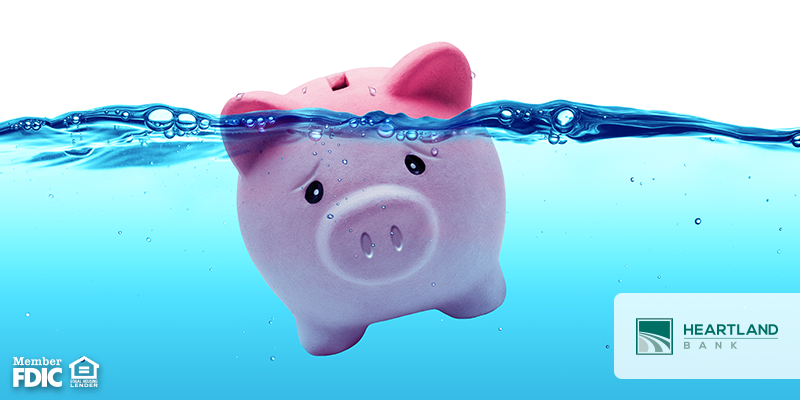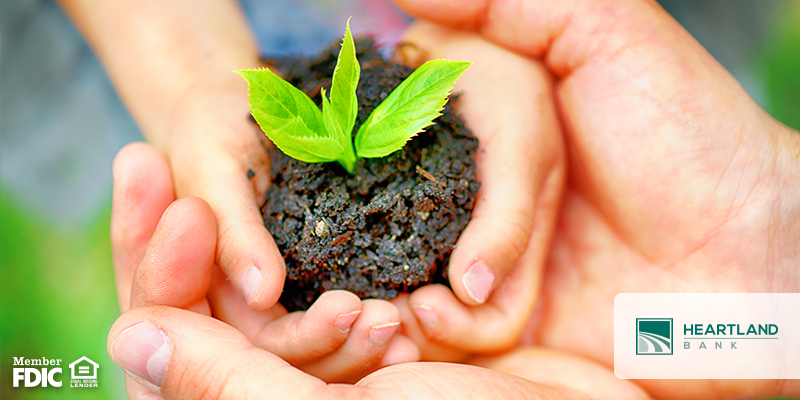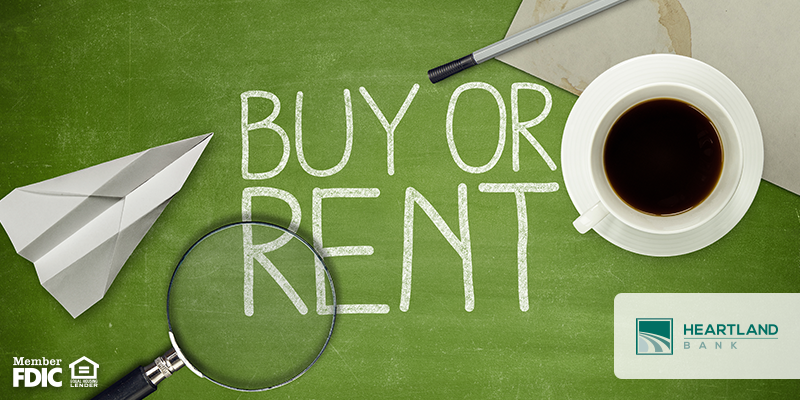
Nobody wants to be consumed with worrying about their finances. Debt for most people is a fact of life. Unless you have a stroke of luck with the lottery, or a Daddy Warbucks, you are probably unable to pay cash for life’s most important purchases: a car, house or your college education. The goal with debt is to take on good debt that will provide opportunities and income advancement. Bad debt is purchasing items with no return on your investment, with their value quickly depleting. If you are looking to stay in this good debt zone for years to come, we have delivered a list of habits those succumbed to debt do daily!
Thinking Money is the Problem
The financially insecure think that the reason they have so many problems with money is because they simply don’t make enough. It’s their employer’s fault. It’s their spouse’s fault. They don’t realize that whether or not they make $20k a year or 200k, they will forever be in debt if they don’t begin to take charge of their finances.
Tossing the Unopened Mail
The deeply indebted feel too overwhelmed or bored to read their credit card and checking statements. By doing this, they stay in a fantasy world where they spend more money than they have.
No “Uh-Oh” Fund
A great way to get yourself into unhealthy debt is by not establishing an emergency fund. If you lose your job or need a new transmission on your car, you may need to go further into debt just to get through the tough situation.
Treating Yourself (Daily)
While splurging on yourself happens to the best of us, it becomes a major problem if these impulses snowball into unnecessary debt, dinners and belongings you do not need.
LifeStyle Inflation
One of the biggest problems with Americans is the LifeStyle Creep. As their income increases with time, so does their spending. This inevitably leads to never really gaining wealth, because it is spent, spent, spent. Big debtors love those raises and can’t wait to spend them on more items they do not need.
Thinking Budgets Are for Poor People
This couldn’t be further from the truth, as those who are wise with their money have a budget that they stick to. Not having a budget is a plan to overspend and never truly understand your finances.
If you are looking to stay in debt long term, follow these habits. If not, run from these patterns and seek guidance from the financial experts at Heartland Bank!



